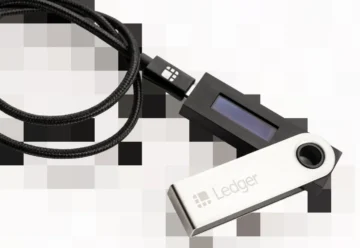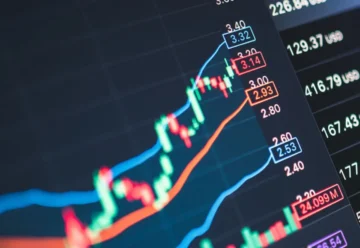FTX’s New Debts and Possible Collapse of Digital Currency Group

Reports about FTX’s $3.1 billion debt to over 50 large creditors became known. Amid new details regarding FTX Group’s crash, rumors over problems faced by Digital Currency Group (DCG) began to swirl in the community, potentially leading to the entire crypto market’s collapse.
The cryptocurrency exchange FTX, which is going through bankruptcy proceedings, owes over $3 billion to large creditors. This was tweeted by Colin Wu, a Chinese reporter and blockchain analyst, with reference to court filings.
It wasn’t disclosed exactly which companies were FTX’s creditors. The only thing known was that one of the largest debts was $226 million. Given the lack of details, rumors started to spread actively in the community saying that the large creditor was Digital Currency Group (DCG), including Genesis, Grayscale, CoinDesk, Foundry, and others.
Doubts about DCG’s credibility arose earlier when the Genesis Trading platform requested $1 billion in emergency funding, citing a liquidity shortage related to FTX’s collapse. However, funding was never granted, and Genesis announced its suspension of withdrawals and new loans. Genesis Trading’s troubles also affected Earn, a lending arm of Gemini, which stopped asset withdrawals as well.
Andrew Parish, Co-Founder of ArchPublic, stressed that Genesis Trading’s lack of support from partner companies could indicate “more DCG turndowns.” He also pointed to DCG’s debt to Genesis of more than $1.1 billion, which caused the platform to request additional funding. According to Parish, if Genesis goes bankrupt, DCG will collapse as well, and it won’t be long before the entire group of companies is declared bankrupt.
Yet, Genesis’s representative told Cointelegraph that the company had no imminent plans to file for bankruptcy. The company held “constructive conversations with creditors” and also sought help from Binance. However, Changpeng Zhao said such a deal could create a conflict of interest, so Binance refused to provide financial support for Genesis.
Later, Grayscale Investments, an investment fund that is also part of DCG, published information on its website in which company representatives assured investors that their assets were safe but refused to disclose the company’s reserves. The community reacted to such a statement rather harshly. Some Twitter users called Grayscale DCG’s “cash-cow business.”
Paul Graham, Co-Founder of Y Combinator, tweeted that “the cryptocurrency economy will shortly experience a systemic risk,” clearly alluding to the problems of Digital Currency Group (DCG). Many users agreed with him.
Recall that FTX’s liquidity crunch led to a general downturn in the cryptocurrency market and provoked an increase in user distrust in CEXs. Meanwhile, major trading platforms try to regain user trust and disclose their reserves to prove their solvency.











